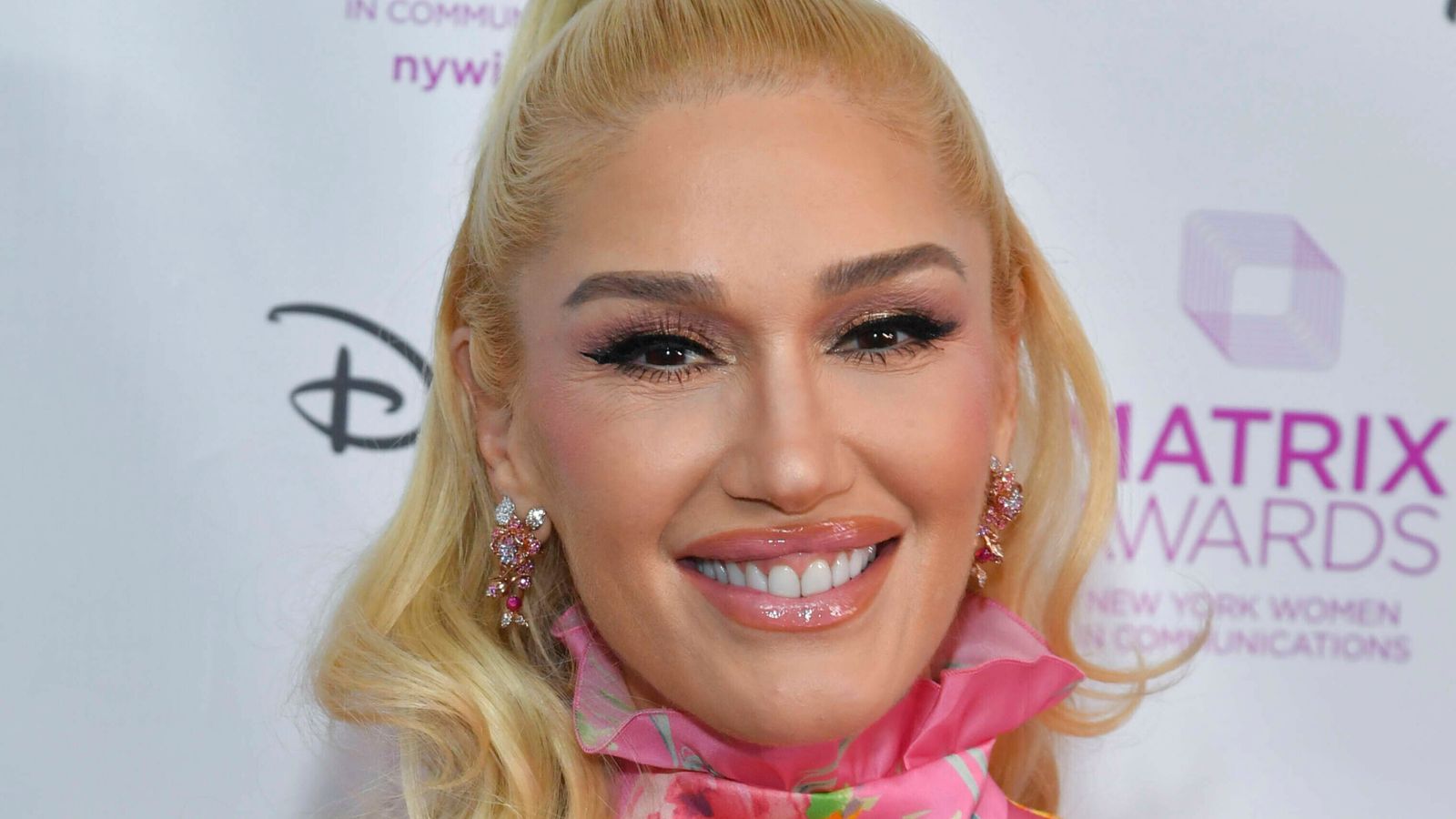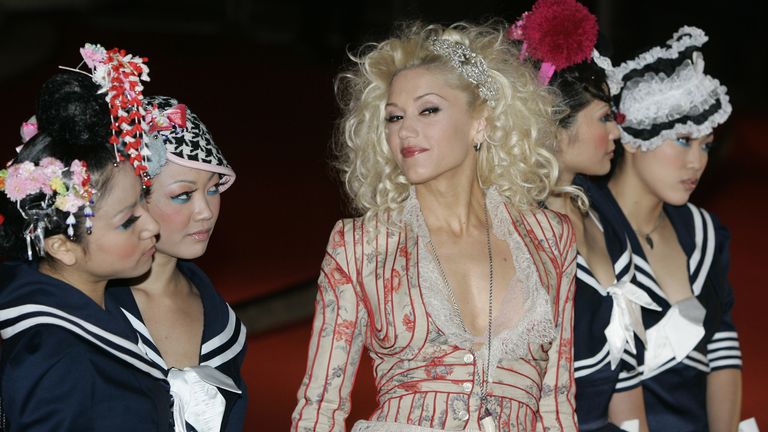Singer Gwen Stefani claims ‘I’m Japanese and I didn’t know it’ during defence of her brands amid amid cultural appropriation row
Gwen Stefani is facing a backlash after defending her Harajuku era and for declaring how her first visit to Tokyo made her believe “I’m Japanese and I didn’t know it”.
The singer has previously faced criticism for using Japanese culture to promote her music and merchandise.
The 53-year-old Italian-American also spoke about her Harajuku Lovers perfume range, which has faced a growing backlash since it was first launched in 2008 amid accusations she has been appropriating Japanese culture during different phases of her career.
In an interview with American beauty magazine Allure, the Californian-born singer was asked about the perfume line before she referred to her father’s job with Yamaha, which saw him make regular visits to Japan where the firm has its headquarters.
Stefani said: “That was my Japanese influence and that was a culture that was so rich with tradition, yet so futuristic, (with) so much attention to art and detail and discipline and it was fascinating to me.”
She would later visit the Tokyo district of Harajuku, telling the magazine: “I said, ‘My God, I’m Japanese and I didn’t know it’. I am, you know.”
Stefani added she was a “super fan” of Japanese culture, adding: “(It) should be okay to be inspired by other cultures because if we’re not allowed then that’s dividing people, right?”
Social media users have been criticising Stefani, saying she has been “getting away with this nonsense for far too long” and how it was “disappointing” she had chosen to “double-down” on her stance.
Read more on Sky News:
Golden Globes 2023: A-listers return to ceremony
The best red carpet looks at the Golden Globes
Harry says ‘dangerous lie’ told about his book
But others supported the singer, claiming the criticism is “going to stop musicians from exploring different inspirations from other cultures”.
Stefani, who is married to country star Blake Shelton, was previously criticised for how she used Japanese culture around the promotion of her 2004 debut solo album, Love. Angel. Music. Baby.
It was during this period she was backed by Japanese-American dancers called the Harajuku Girls.
For all the latest entertainment News Click Here


